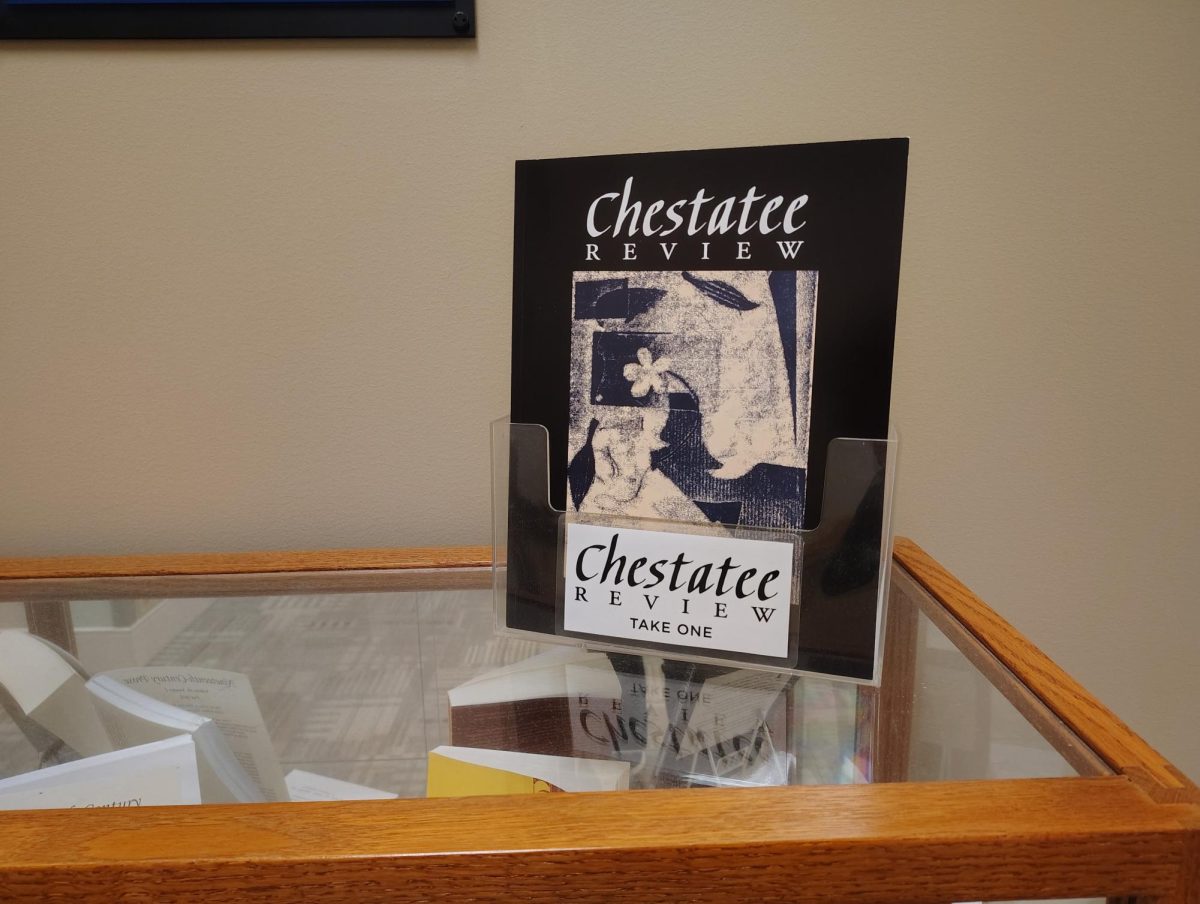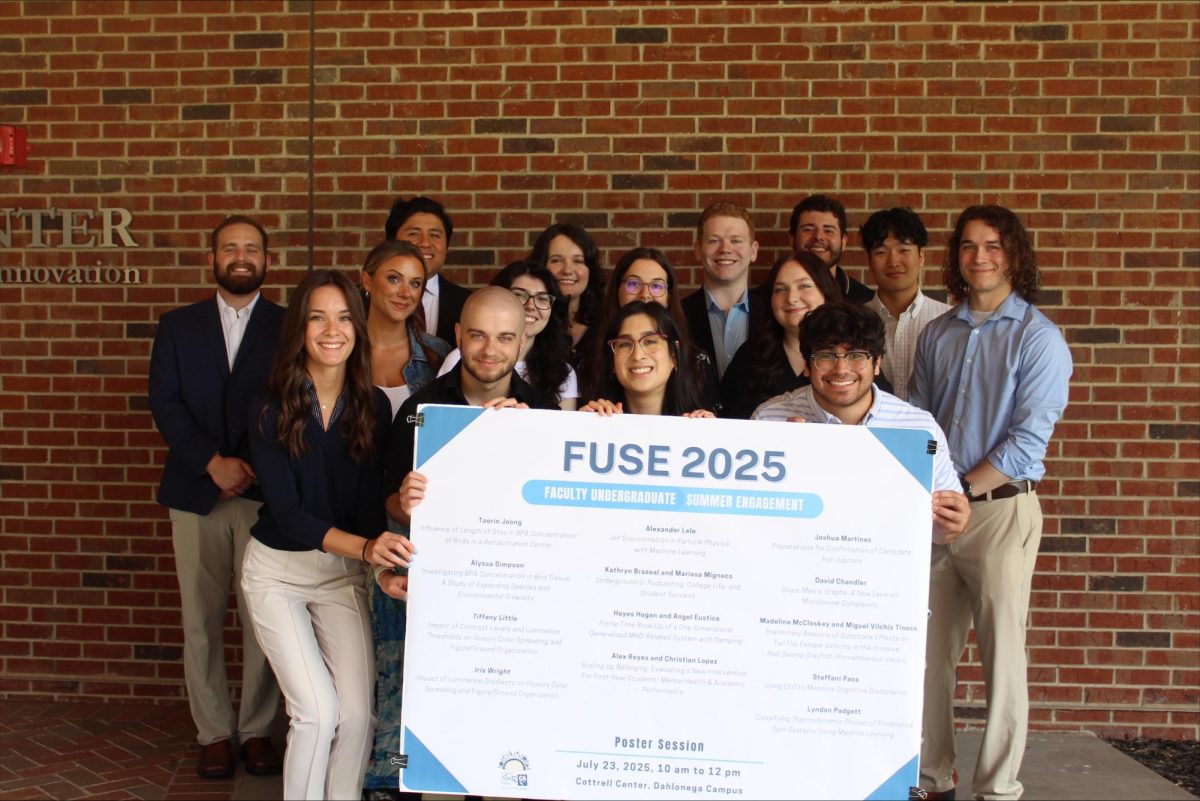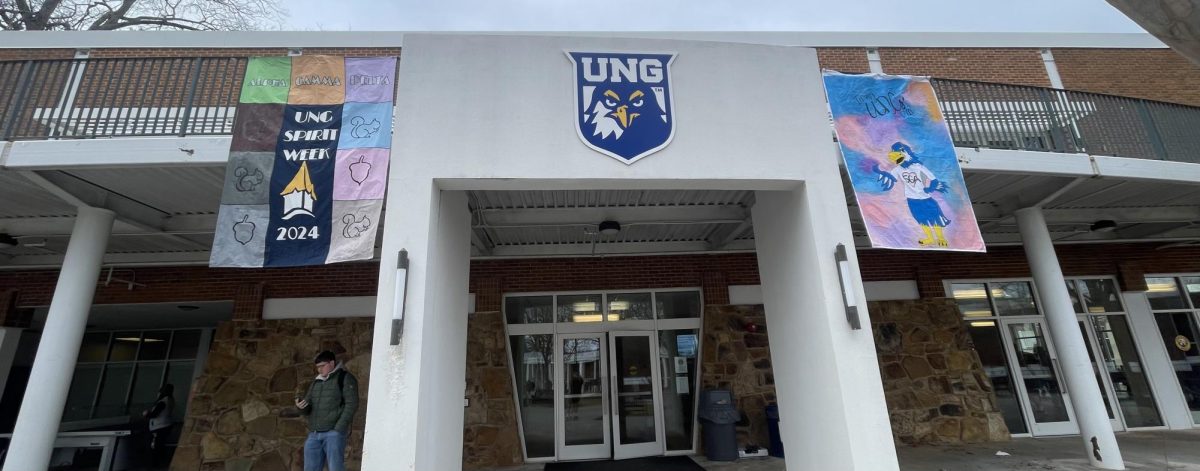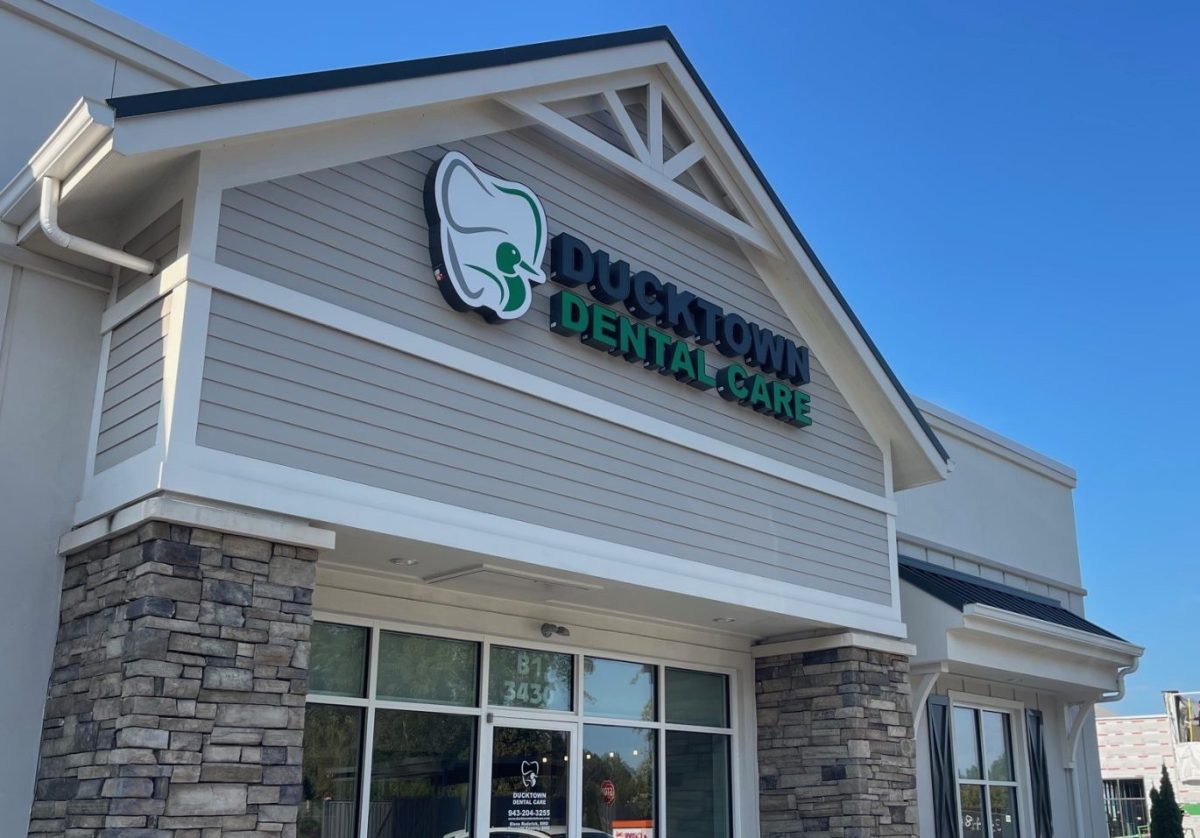The lottery in Georgia does more than give residents hope of making a small fortune overnight, it also helps fund scholarships for Georgia school systems. With several large jackpots up for grabs over the last year, the money is flowing in for funding.
The HOPE and Zell Miller scholarships receive funding from the Georgia Lottery for Education and in 2022 earned $1.4 billion from the commission.
In 1993 Gov. Zell Miller founded the “Helping Outstanding Pupils Educationally” to make obtaining a college education more attainable for students. Starting out, the scholarship covered 100% of tuition costs for two years and was awarded to students who graduated high school with a B average, and whose families’ income was less than $66,000 a year.
In 2011 the biggest change came to the scholarship when Gov. Nathan Deal and Georgia congress members cut funding to the program due to a decline in lottery participation.
To help with the defunding of HOPE, the state established the Zell Miller scholarship. Zell covers what the HOPE scholarship had done previously, but the requirements were elevated to earn the award. Students need to have a 3.7 GPA and a qualifying SAT or ACT score in order to be awarded the scholarship.
Following this move, no other significant changes have been made to the scholarships until recently.
On Jan. 13 of this year, Gov. Brian Kemp released his budget proposal for the 2023-2024 fiscal year and stated his intentions to allocate $61.2 million dollars to scholarship funding. This move will allow HOPE to once again cover 100% of students’ tuition.
“Keeping college affordable is essential to keeping college accessible.”- Gov. Brian Kemp
This decision comes after the Georgia Lottery Commission saw record numbers in July 2022, reaching $25 billion in revenue.
The $61.2 million is coming out of the $32.5 billion that has been designated for educational purposes. Funding includes $745 million in 2023 and $1.1 billion in 2024 for K-12 education. $303 million of which is allocated to raising the pay of certified teaching professionals by $2,000 in 2024.
Kemp stated in his proposal that having a college education is essential for getting “jobs of the future.” He also explains that students are set up to fail coming out of college with the rising costs of school and the amount of debt most students accumulate during their tenure.
Kemp explains that he feels that the HOPE scholarship gives students a better shot at life after graduation. “The HOPE scholarship and grant programs are our greatest tool in setting our students up for success in the workforce,” said Kemp.



































